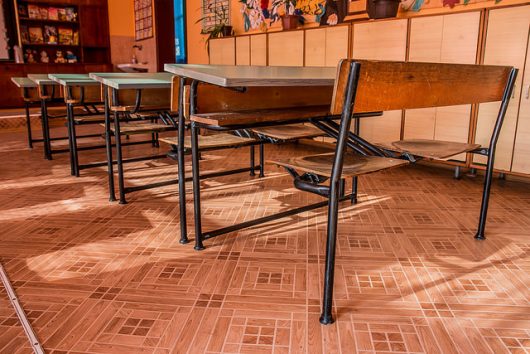Education in Hungary

Hungary offers free state education to all children residing in the country. Education in Hungary is more traditional than other systems and focuses on many areas in various industries in order to prepare students for life after full-time education.
From the ages of five to 16, Hungarian children are required by law to attend full-time education. Most schools are funded by the state, with private schools charging fees that are subsidized by the government. Education in Hungary is based highly on tradition, which lies at the heart of the system. Prior to examinations in the final years of secondary education, there is a famous “Ribbon Consecration,” with a final party at the end of school where traditional college songs are sung. It is compulsory to spend eight years in full-time education and two more years in high school, vocational school, or trade school.
A third of students choose to continue with vocational education after graduating from secondary school. There are three types of vocational schools: technician training, skilled-worker training, and middle vocational school. Students graduate from vocational education with a double qualification and a “Mantura,” meaning university entrance, and qualify as a skilled worker.
Vocational colleges differentiate from vocational schools. Vocational colleges offer more specialized courses, for example, in health or stereography. Each course lasts three years and final exams are taken at the end. If passed, students receive their diploma.
Another post-secondary school option is to attend a trade school. It lasts three to four years, with limited theoretic content, and involves a work placement. Students can only attend trade school if they have secured work placement, provided either by the school or through a specific company.
As a nation, Hungary is known to be very welcoming to refugees and asylum-seekers, accepting more than 480,000 refugees over the past few years. Education in Hungary is offered to any child residing in the country free of charge, according to the Public Education Act, meaning that refugee children have the same rights as Hungarian students. There is difficulty with integrating refugees with students, as there are limited spaces in schools, but this is resolved with special preparatory classes that are offered.
Education in Hungary is easily accessible for all, with every opportunity being open to students of any nationality. Different areas of training prepare students for working life and enable them to learn key skills within industries.
– Georgia Boyle
Photo: Flickr
